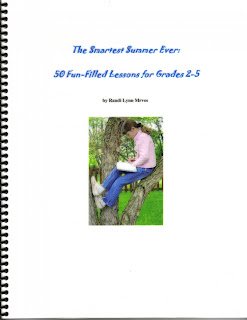It always surprises me when a writer uses an encyclopedia or Wikipedia as a source when researching a nonfiction article. As the nonfiction editor for Stories for Children Magazine, I occasionally see these sources cited in a submission. I also wonder why a writer would ever consider using an out-date source. Once I received a submission that cited a book published over 50 years ago.
Your goal as a nonfiction writer is to find reliable sources of information. Aim for primary sources. For instance, consider interviewing experts. They may clarify information or divulge amusing anecdotes. They may even offer facts not yet published.
Think about using journals, newspapers, diaries, or letters. The information from these sources will provide firsthand accounts with rich details.
Once while I was researching a female American Civil War soldier (disguised as a male), I was able to locate and purchase photocopies of her letters. Talk about holding history in my hands! What an amazing primary source—the letters dated back to the 1860s! Her handwritten letters not only unveiled her spunky personality, but revealed her lack of schooling: "I dont belve thare is eny rebels bullet maid for me yet."Your goal as a nonfiction writer is to find reliable sources of information. Aim for primary sources. For instance, consider interviewing experts. They may clarify information or divulge amusing anecdotes. They may even offer facts not yet published.
Think about using journals, newspapers, diaries, or letters. The information from these sources will provide firsthand accounts with rich details.
When trying to publish outstanding nonfiction, you need to dig deep when resesarching. Put time and effort into finding reliable sources. Library databases are a good place to begin to find these sources. And if you plan to interview an expert for your article, politely ask her to review it after it's written. That way, you'll know that the facts in your article are accurate. Having impressive sources and an expert review are two ways to catch an editor's eye.

